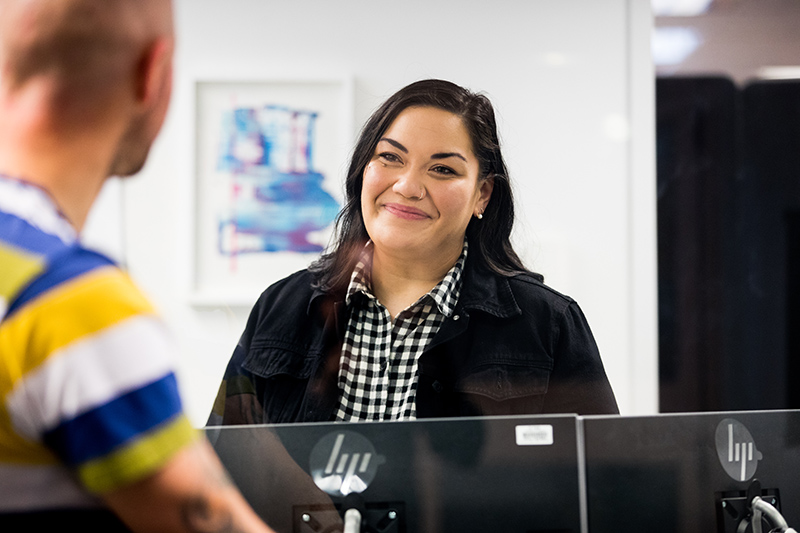-
Tribunals
- Disputes
- Tenancy
- Licences & certificates
- Motor vehicle dealer disputes
- Alcohol Regulatory & Licensing Authority
- Human rights
- Real estate agents
- Abortion
- Accident Compensation
- Canterbury Earthquakes Insurance Tribunal
- Copyright
- Customs
- Tax
- Trans-Tasman occupations
- Victims & justice
- Weathertight homes
- Waitangi Tribunal
- Judicial Conduct Panel
- Family
- Family Court
- What is the Family Court
Click anywhere on the banner to exit the page.
Press the shrink icon to the right to reduce this banner's size.
Overview
The Family Court is a part of Aotearoa New Zealand’s District Court. The Family Court helps whānau work out disagreements and family law issues.
What the Family Court helps with
The Family Court is a part of Aotearoa New Zealand’s District Court. The Family Court can help you and your whānau work out issues relating to:
- family violence
- parenting arrangements and the care of children
- care and protection of children and young people
- paternity and child support
- separation and divorce
- property and assets from a marriage, civil union, or de facto relationship (relationship property)
- adoption and surrogacy
- challenging a will
- treatment of people with mental illness, intellectual disability and substance addictions held in compulsory care
- managing the property and welfare decisions for adults who are no longer able to do it for themselves because they have lost mental capacity.

Working out family disagreements out of court
If it’s safe to do so, you should try and work out your family disagreements without getting the court involved. This can be better and faster for everyone involved.
Kaiārahi (Family Court Navigators) can help you if you’re not sure what your options are or where to start.
You may need to go straight to the Family Court
In some situations, going straight to the Family Court may be the safest option for you and your whānau. This may be because:
- someone is being violent or abusive towards either you, your child, or both
- you or your child's personal safety is at risk
- waiting too long to get a court order (if you need one) may cause financial problems
- someone is planning to take your child overseas without your permission
- it’s the only option available if a whānau member loses capacity without having an Enduring Power of Attorney.
How the Family Court gets involved
For the Family Court to be involved, someone needs to file an application. It doesn’t always have to be the person directly affected. Sometimes government agencies, such as Oranga Tamariki, may file an application if there is serious risk to a child’s safety.
Sometimes whānau may file an application because they think it’s in the best interests of everyone involved. In some situations, whānau need to ask the courts permission to file their application, this is called ‘leave to apply’.
The role of the Family Court is set out in several laws and the Family Court Rules. These laws and rules determine how the court works, who can be involved, what can be done, and how a judicial officer makes decisions. The judicial officer will look at all the evidence in a case before they make a final decision. There are lots of steps in the court process before a judicial officer makes a final decision. Throughout the process there is help and opportunities for everyone involved to come to an agreement by themselves.
Explore more in this section
Feeling overwhelmed?
Going to Family Court can be hard. It's normal to feel overwhelmed. There are services available to help and support through this time.
Visit our help page